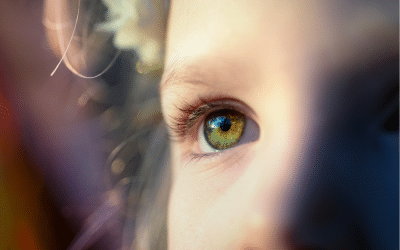On Friday, June 15, with several health professionals, Israel Nisand, President of the French National College of Gynecologists and Obstetricians, launched a “solemn appeal” to the government to fight against mass distribution of pornography to which children and adolescents are exposed.
An increasing number of health professionals recognize and are confronted with this problem. They demand that the existing French law which prohibits pornography for those under 18 be enforced. Israel Nisand also deplores “Today businesses have the upper hand. But internet providers cannot hide behind the free Web access; they must still protect minors. ”
Smartphones have increasingly given youth widespread access to free pornographic images and movies, hidden from parental supervision.
This exposure may even start in primary school, and may sometimes be forced on students when a friend obliges him to look, or when a window unexpectedly pops up.
Already in 2002, a report from the Ministry of Culture and Communication declared “When a (young) child receives raw and brutal pornographic images, his brain feels confused about the taboos, and this has the same effect as being sexually abused”. According to Professor Israël Nisand, “pornography transmits the misconception that sexual performance is measured. Women areonly considered as objects. Boys have no concept of what consent means.” This wide consumption of pornographic images also corresponds to an increase in child-on-child sexual assault, as detailed in the press release from French National College of Gynecologists and Obstetricians.
The gynecologist, Ghada Hatem, deplores “We see so many teenage girls who do not even understand their own bodies;manipulated by their boyfriends who make them do things they don’t agree with“. Through the sex education classes she gives in Seine-Saint-Denis, she became aware of the widespread access to these films. In her opinion, these films have become a reference model for intimate relations between sexual partners. Ghada Hatem speaks of her experience at the Women’s House, which helps young girls who are victims of abuse in Seine-Saint-Denis.
Several recent studies show the increasing prevalence of porn among young people. On March 20, 2017, an IFOP study commissioned by “OPEN” (Observatory of Parenting and Digital Education) was published. It focused on “the prevalence of pornography among teenagers and its influence on sexual behavior” and the figures are quite alarming. An Opinionway survey, published in April 2018, reported that 62% of young adults have viewed porn images before age 15, with 11% of them being exposed before age 11. On June 8, 2018, an IPSOS poll, published by the Foundation for Political Innovation, emphasized this fact. It revealed that 21% of the 14- 24 year-olds surveyed watched porn at least once a week.
The French National College of Gynecologists and Obstetricians therefore calls for the existing law to be enforced to protect minors via information and awareness campaigns for children, adolescents and parents, and to provide widespread informative sexual education in schools. Professor Nisand also blames porn websites and proposes to force them torequire consumers to give their credit card details before viewing films, or be penalized with a heavy fine.
The question is whether the political commitment will follow through. The government has made announcements over the past few months. On November 25, the International Day for the Elimination of Violence against Women, President Macron unveiled a government strategy which included fighting against children exposition to porn on Internet. He announced that he would like to build on various bodies, and extend the High Audiovisual Council’s authority over social networks, video games and online porn to control “content which could lead to violence against women“. A task force has been established at the French Health Ministry.
If the awareness that pornography seriously abuses children and women is to be beneficial, it must also take into account the fact that it is detrimental for men as well.
Did You Say ALL Children’s Rights?
20th November, the international day for children's rights. Did you say ALL children's rights? The international day...



